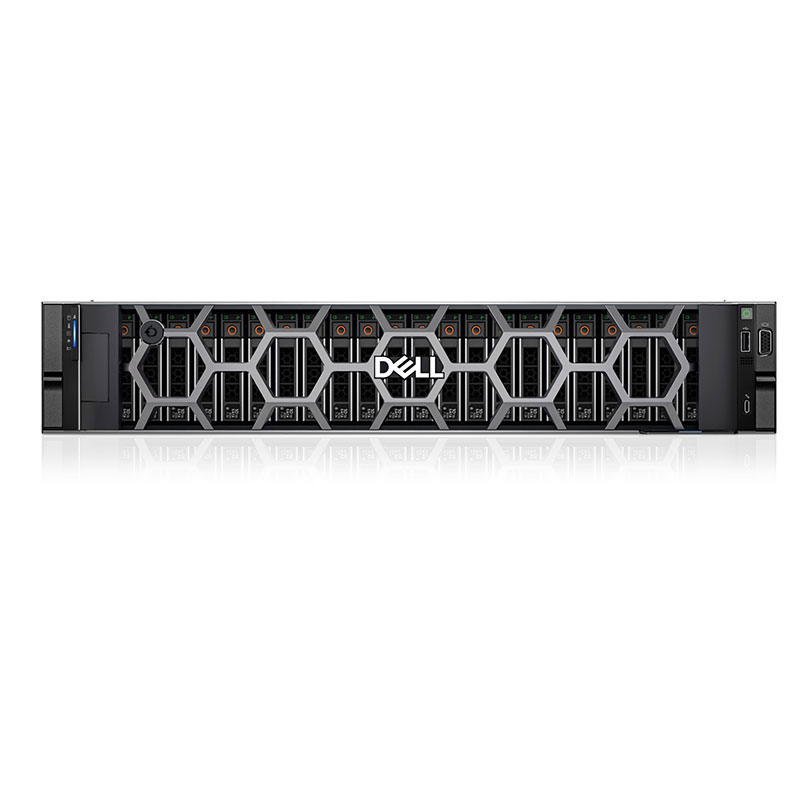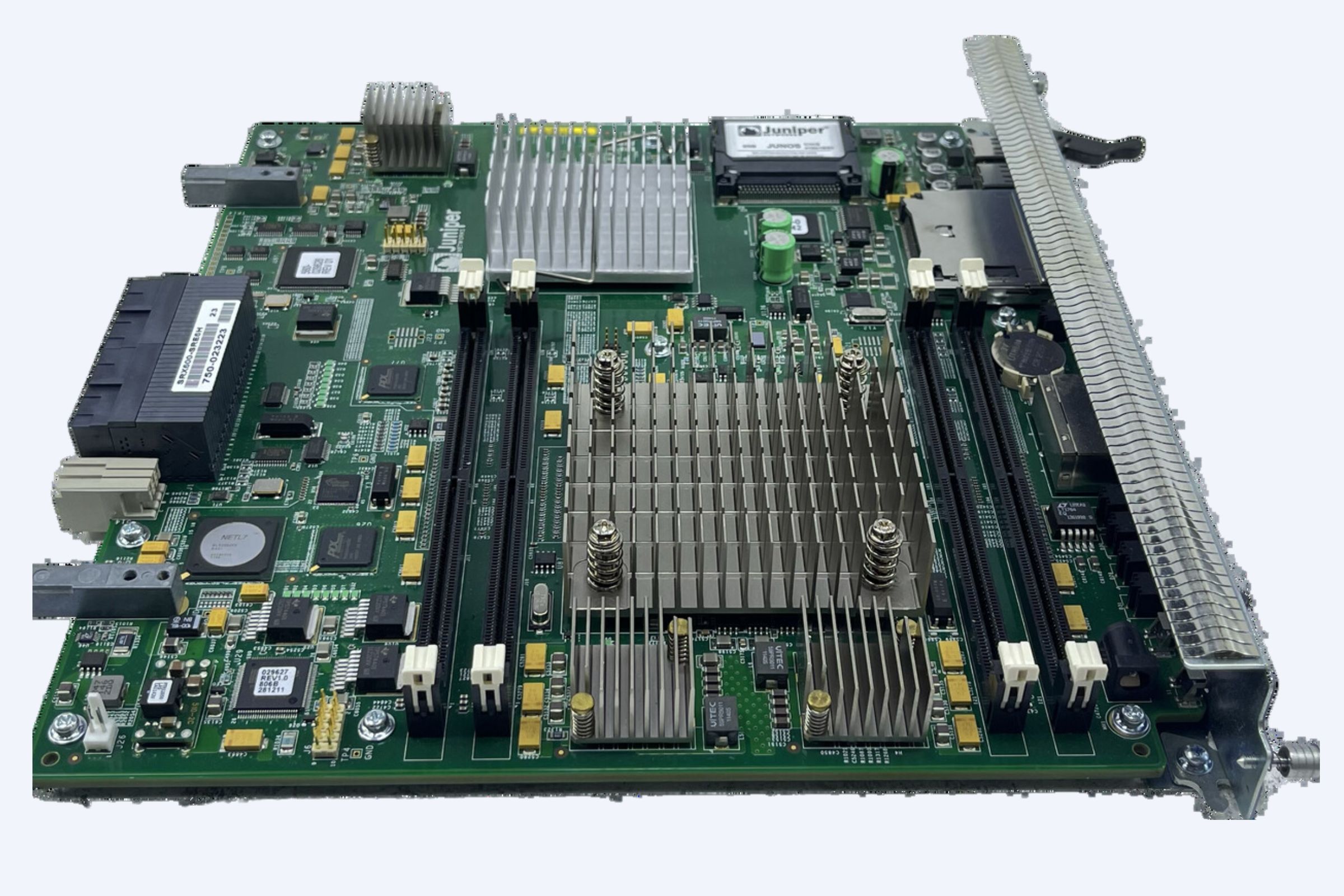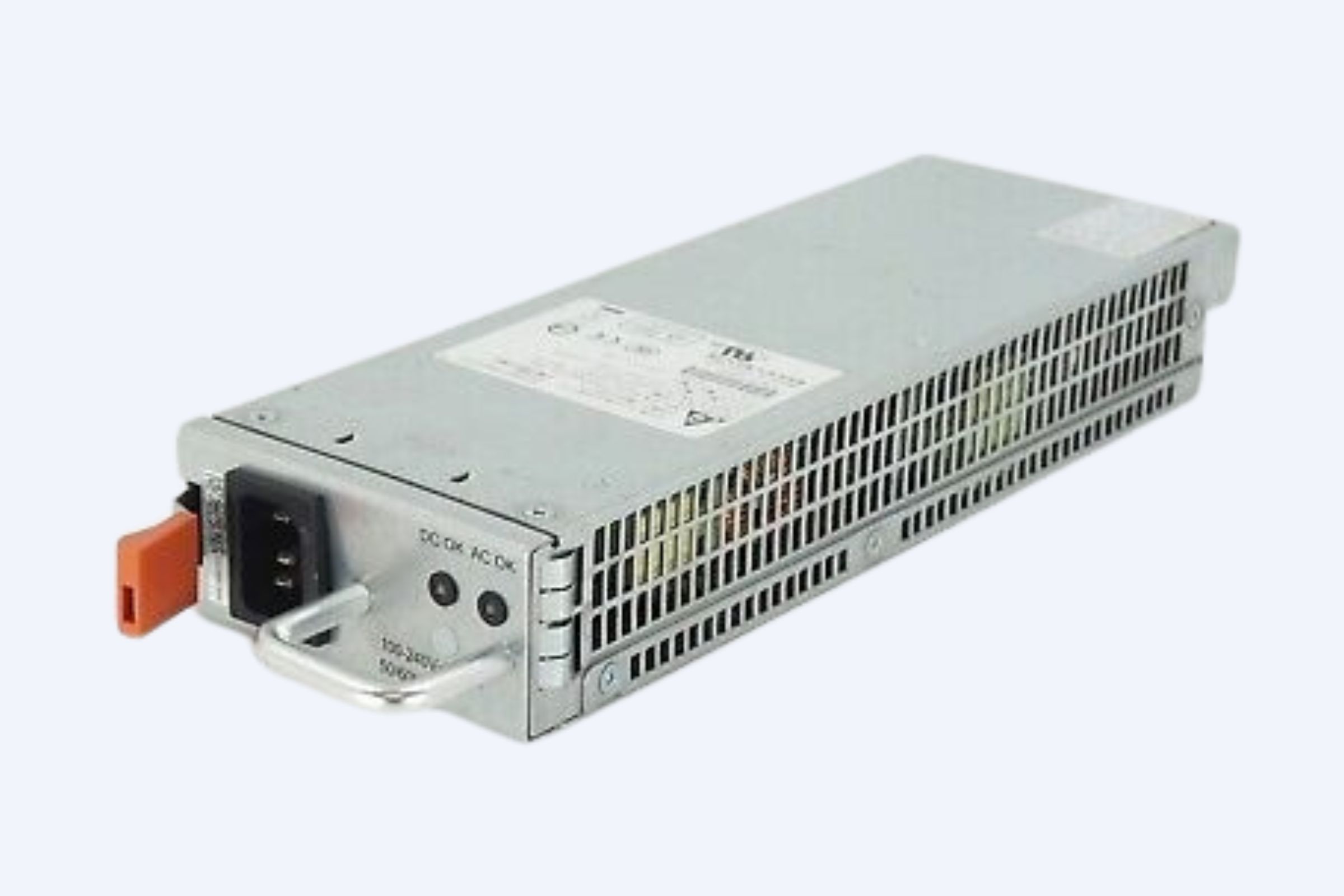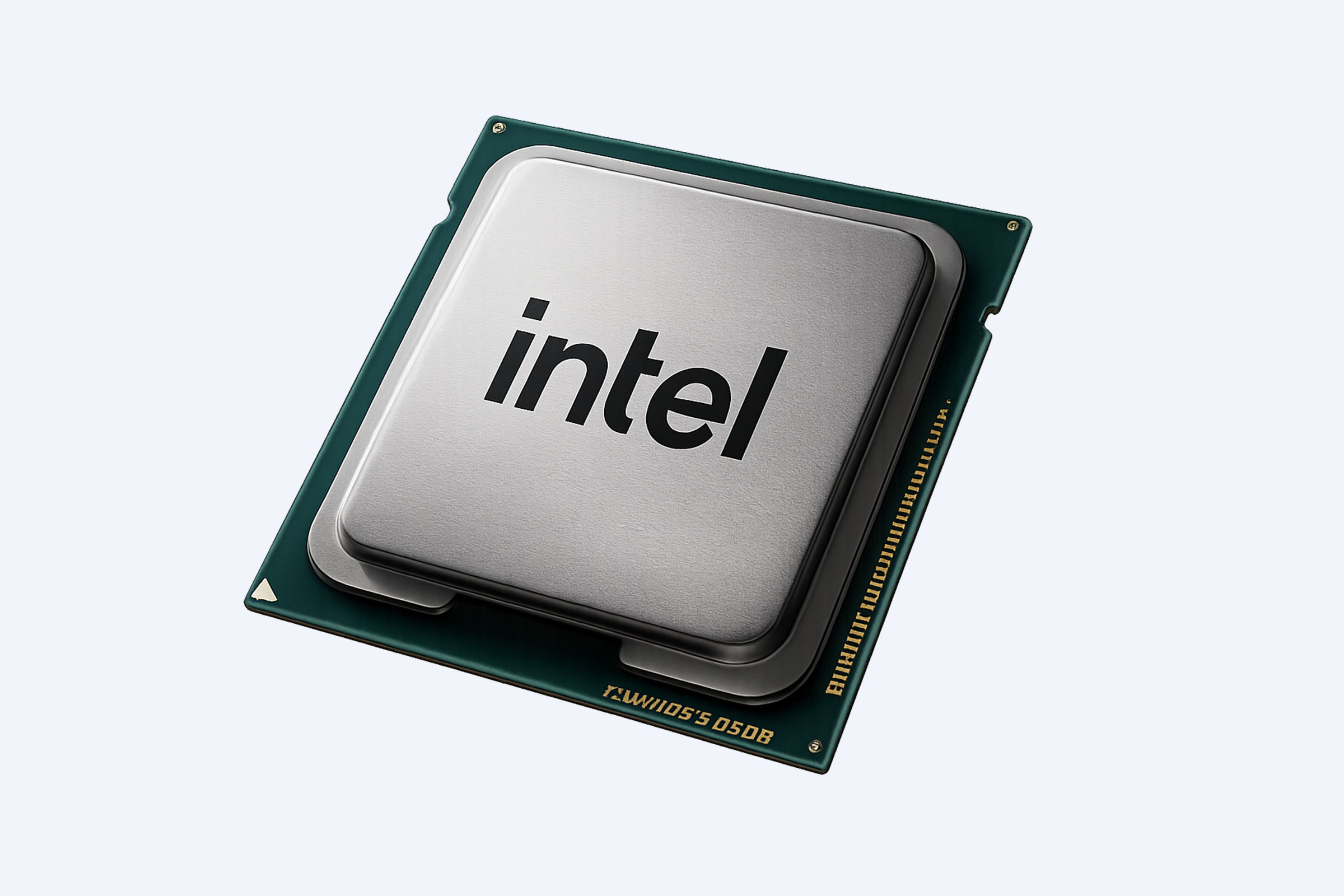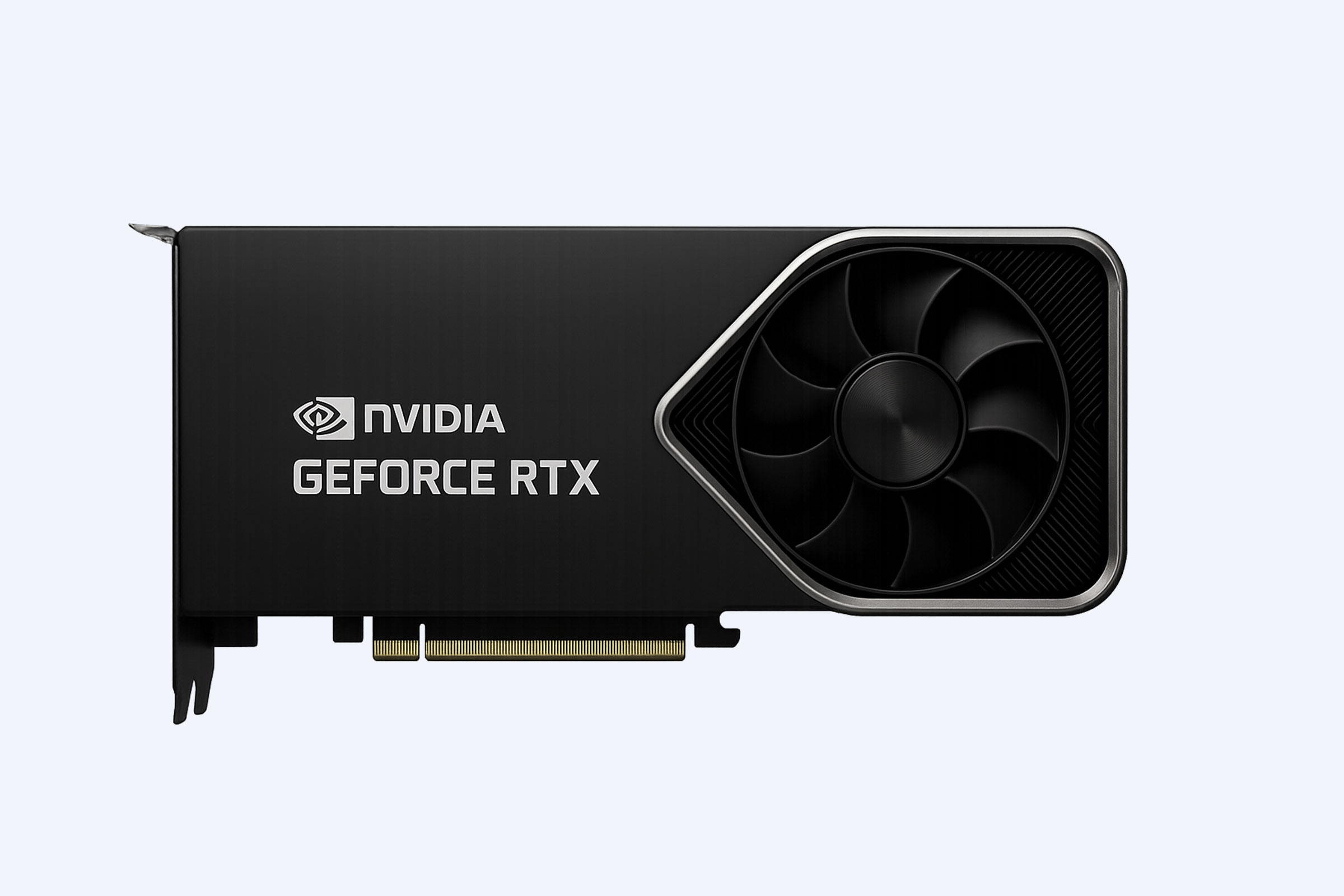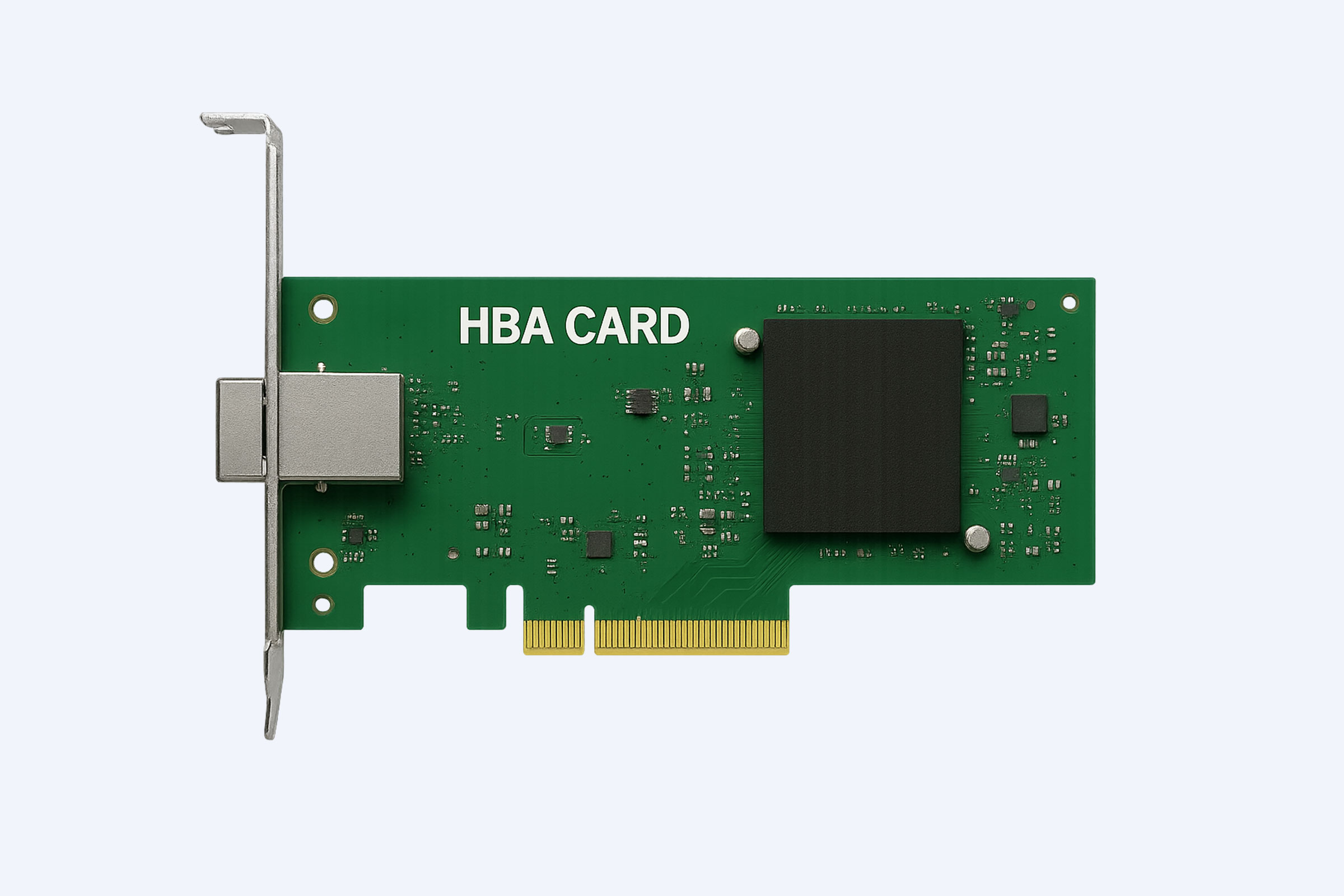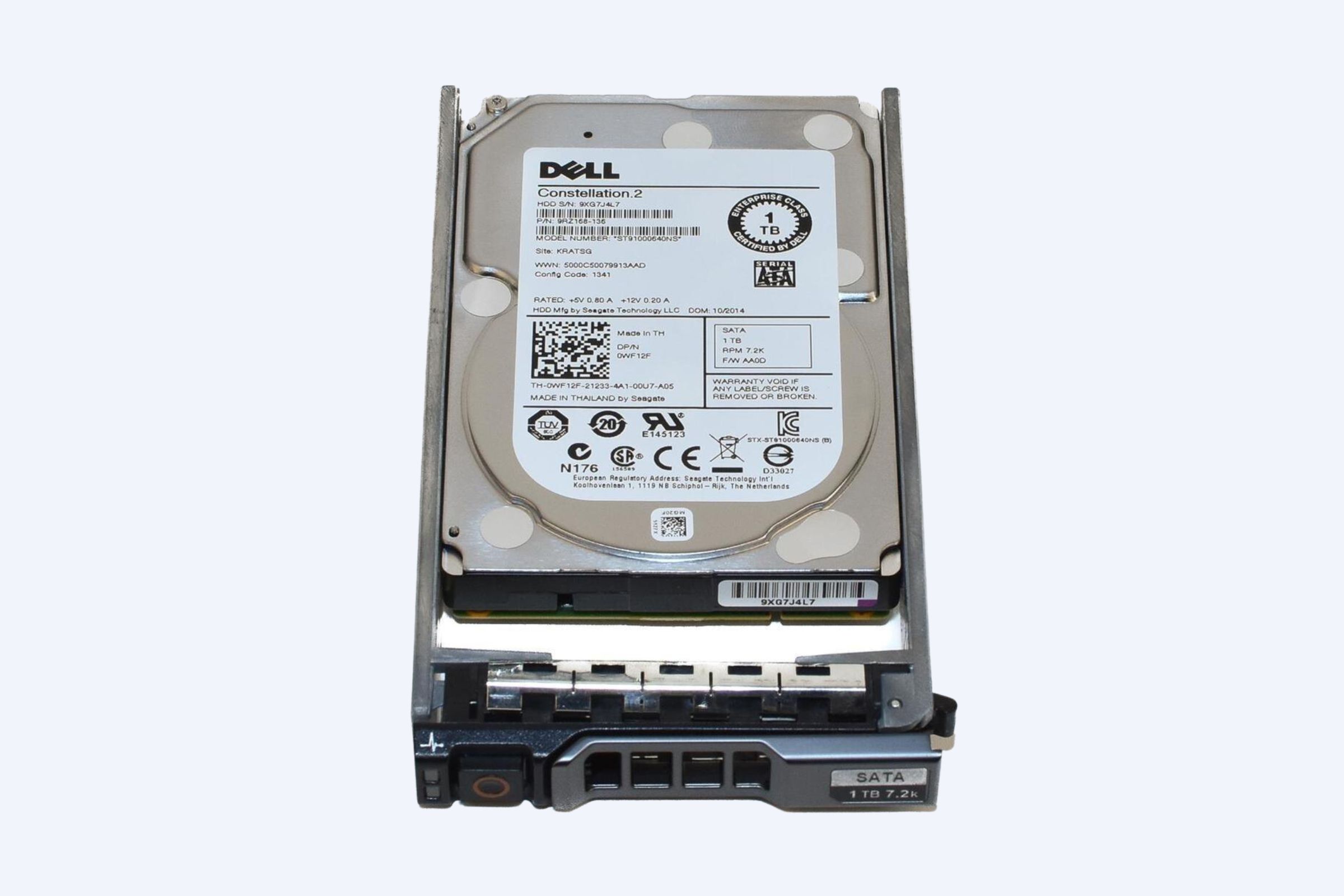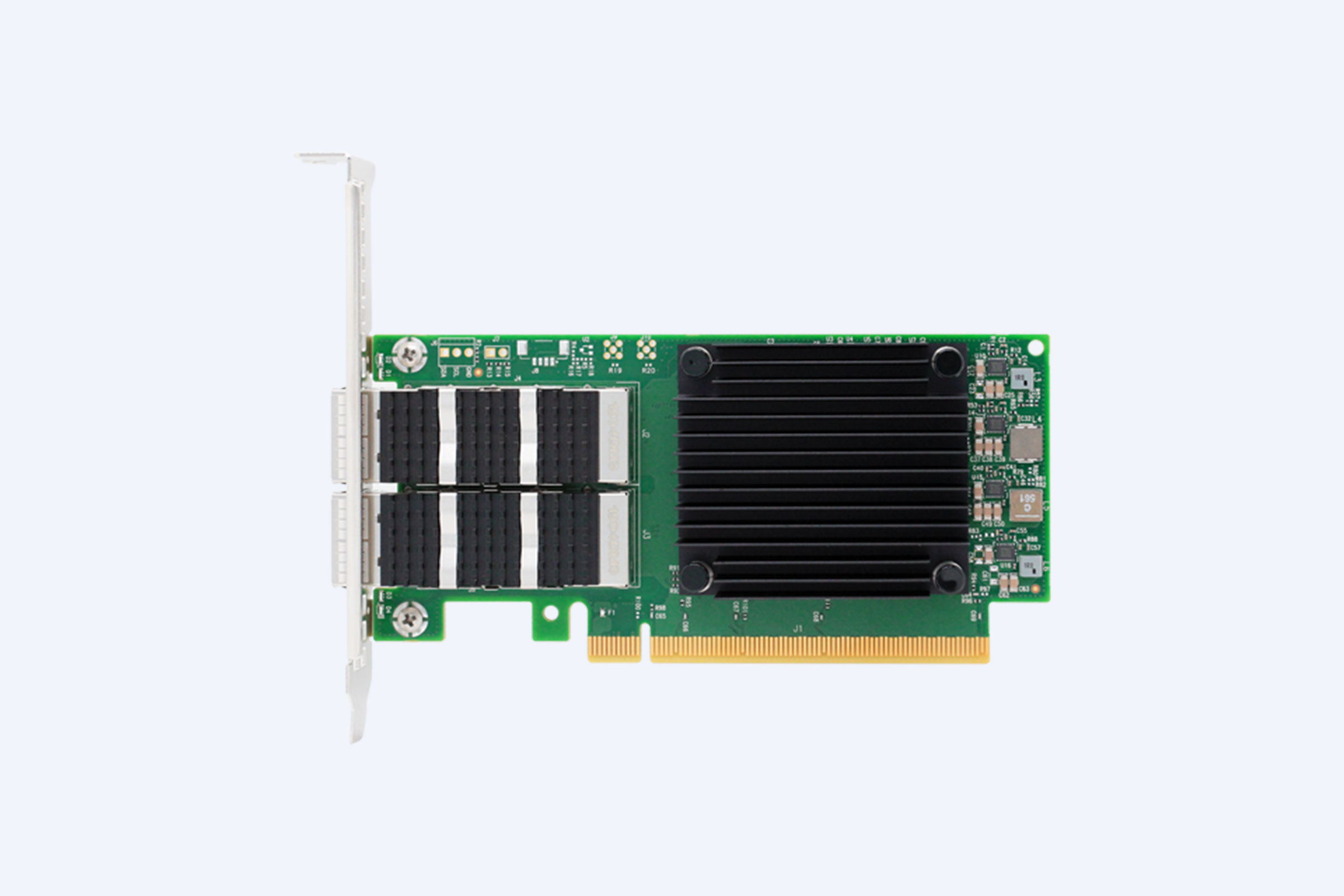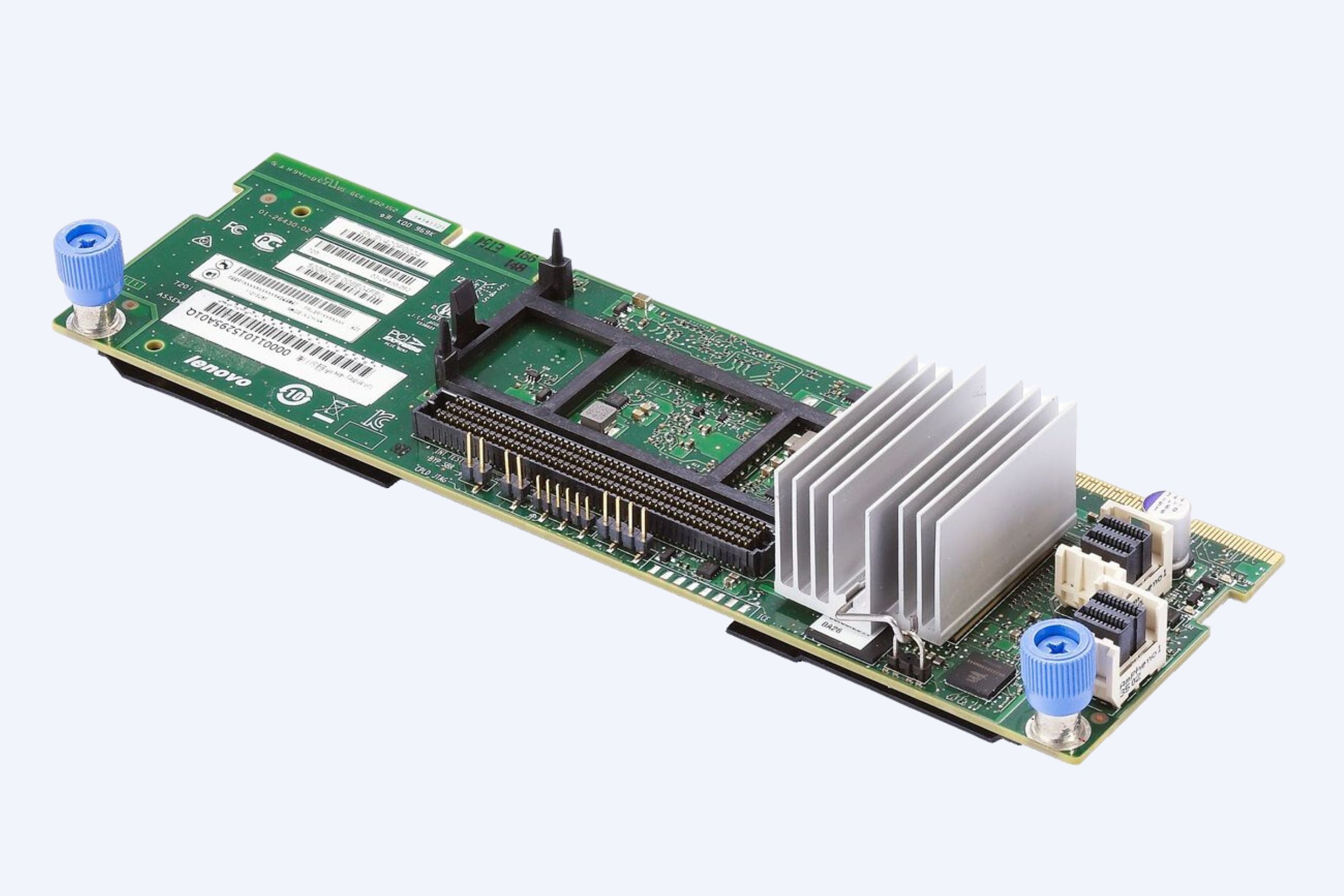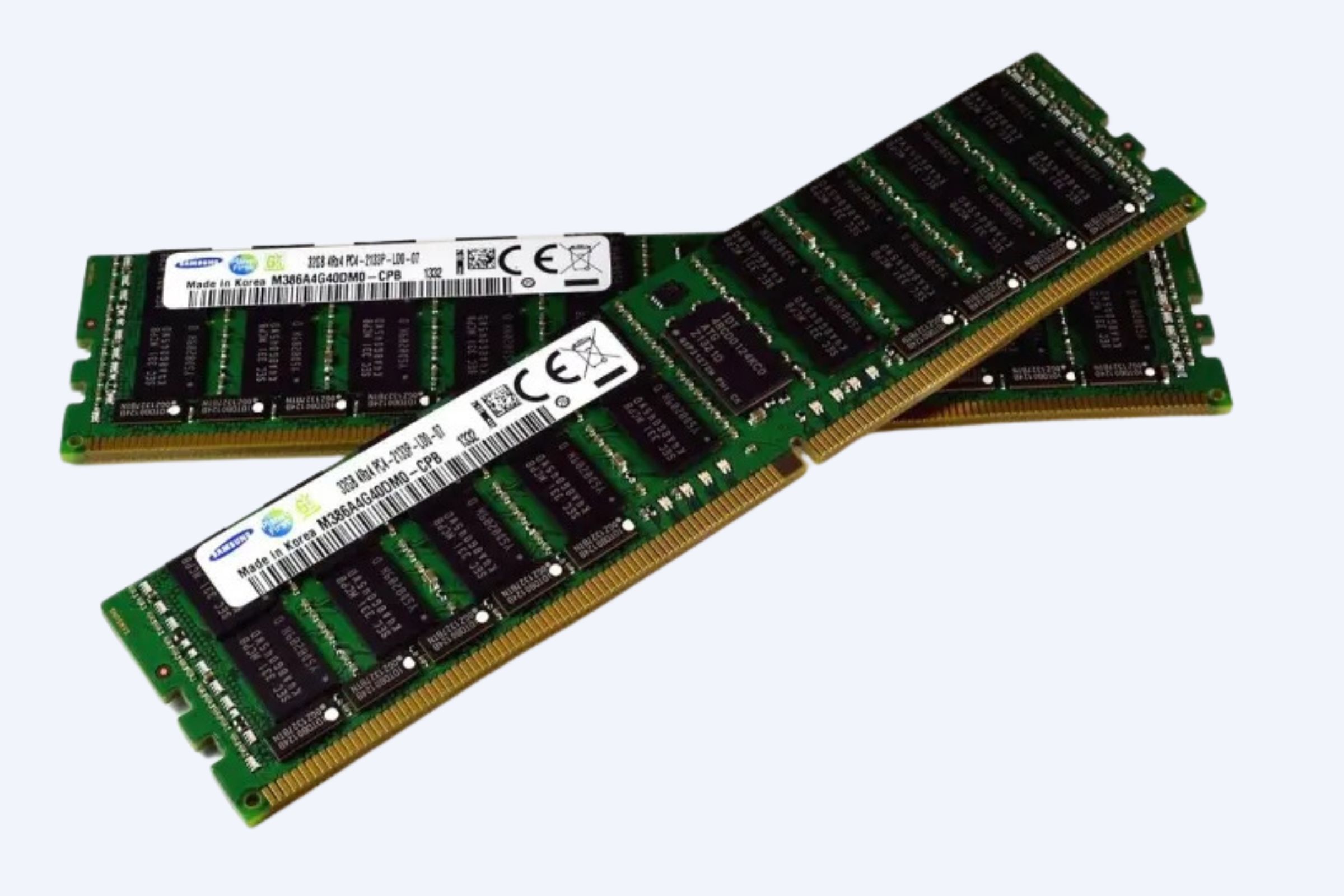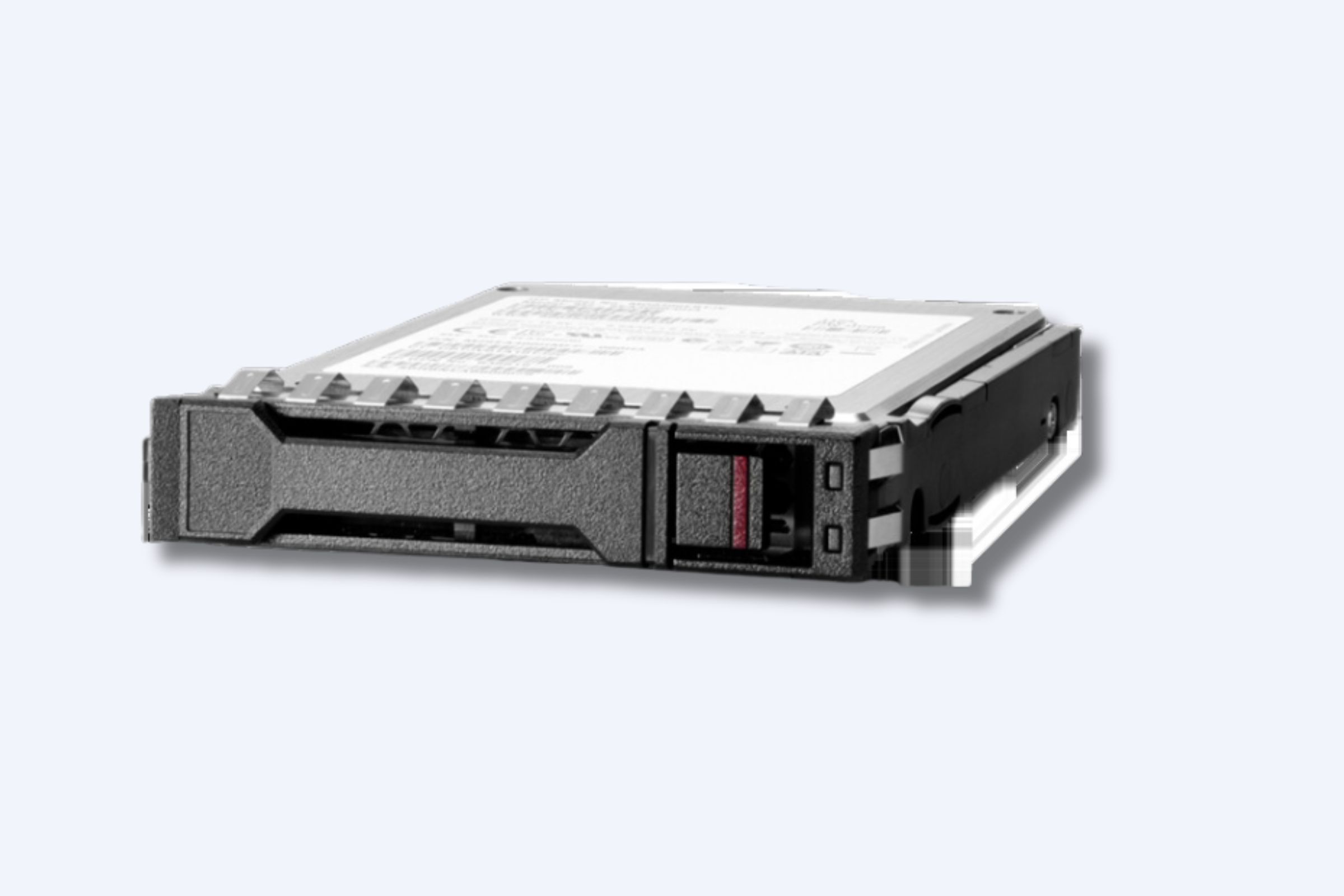Introduction
- Importance of choosing the right CPU for cloud computing
- Why Intel remains a strong choice in the server CPU market
Key Considerations When Choosing a Server CPU for Cloud Computing
- Performance (cores, threads, clock speed)
- Power efficiency (TDP)
- Scalability and virtualization support
- Security features
- Cost-efficiency
Overview of Intel CPU Families for Servers
- Intel Xeon Scalable Processors
- Intel Xeon D-Series
- Intel Atom (for lightweight edge cloud)
Comparison Table of Intel CPUs for Cloud Workloads
Best Intel CPU Models for Different Cloud Scenarios
- General-purpose cloud infrastructure
- High-performance computing (HPC) in the cloud
- Virtualized environments and containers
- Edge computing and microclouds
Conclusion and Recommendation
Which Intel CPU Model Is Suitable for Cloud Computing in Server Equipment?
In today’s digital landscape, cloud computing drives enterprise agility, scalability, and efficiency. Central to the performance and reliability of cloud infrastructure is the CPU—making the choice of server processor a crucial decision. Intel, a dominant player in the data center market, offers several processor families tailored for diverse cloud workloads. But which model suits your needs best?
Key Considerations for Cloud CPU Selection
When selecting an Intel CPU for cloud environments, consider the following factors:
- Performance: Core count, thread support, and clock speeds directly affect processing capability.
- Power Efficiency: Lower TDP (Thermal Design Power) means reduced cooling needs and energy costs.
- Scalability: Support for large memory pools and high I/O bandwidth is critical.
- Virtualization Support: Technologies like Intel VT-x and VT-d are vital for container and VM-based clouds.
- Security Features: Intel SGX, TME, and built-in hardware security protect sensitive data.
- Cost-Effectiveness: Balancing performance and pricing ensures optimal ROI.
Intel CPU Families Suitable for Cloud Computing
- Intel Xeon Scalable (4th Gen – Sapphire Rapids)
Designed for high-density data centers, offering up to 60 cores and massive I/O capabilities.
- Intel Xeon D-Series
Optimized for space- and power-constrained environments like edge computing.
- Intel Atom (C3000 Series)
Lightweight, energy-efficient CPUs ideal for edge and micro-cloud deployments.
Comparison of Intel CPUs for Cloud Computing
| CPU Series | Max Cores | Base Frequency | TDP (W) | Virtualization | Memory Support | Best Use Case |
|---|---|---|---|---|---|---|
| Xeon Platinum 8490H | 60 | 1.90 GHz | 350 | Yes | DDR5, up to 8TB | Large-scale cloud, analytics, AI/ML |
| Xeon Gold 6416H | 32 | 2.00 GHz | 250 | Yes | DDR5, PCIe 5.0 | General-purpose cloud workloads |
| Xeon D-2796NT | 20 | 2.00 GHz | 100 | Yes | ECC DDR4, SoC design | Edge servers, micro data centers |
| Atom C3958 | 16 | 2.00 GHz | 31 | Yes | DDR4 | Lightweight edge workloads, NAS |
Best CPU Models by Use Case
- General Cloud Infrastructure: Xeon Gold 6416H – Balanced power and performance.
- High-Performance Cloud (HPC, AI): Xeon Platinum 8490H – Ideal for compute-intensive tasks.
- Virtualized/Container Workloads: Xeon Gold with Intel VT-x/d support.
- Edge & IoT Cloud: Xeon D-2796NT or Atom C3958 – Compact and efficient.
Conclusion
For robust, scalable cloud computing environments, Intel’s Xeon Scalable family remains the top choice, especially the 4th Gen models like Xeon Platinum 8490H or Xeon Gold 6416H. For edge and lightweight deployments, the Xeon D-Series or Atom processors provide the necessary efficiency without sacrificing capability. Carefully matching CPU features to workload demands is the key to optimal cloud performance.



